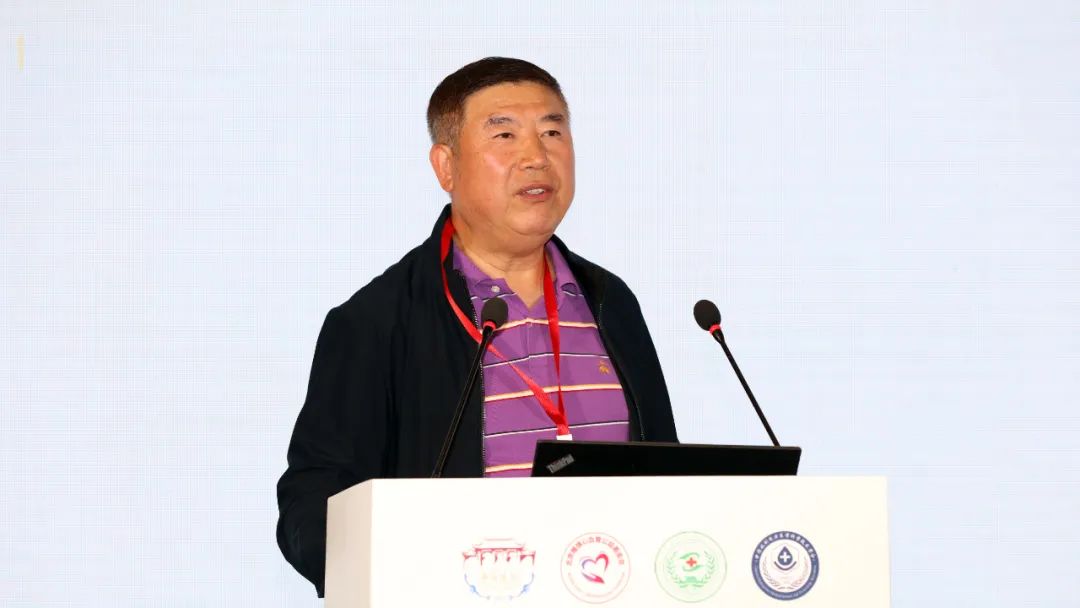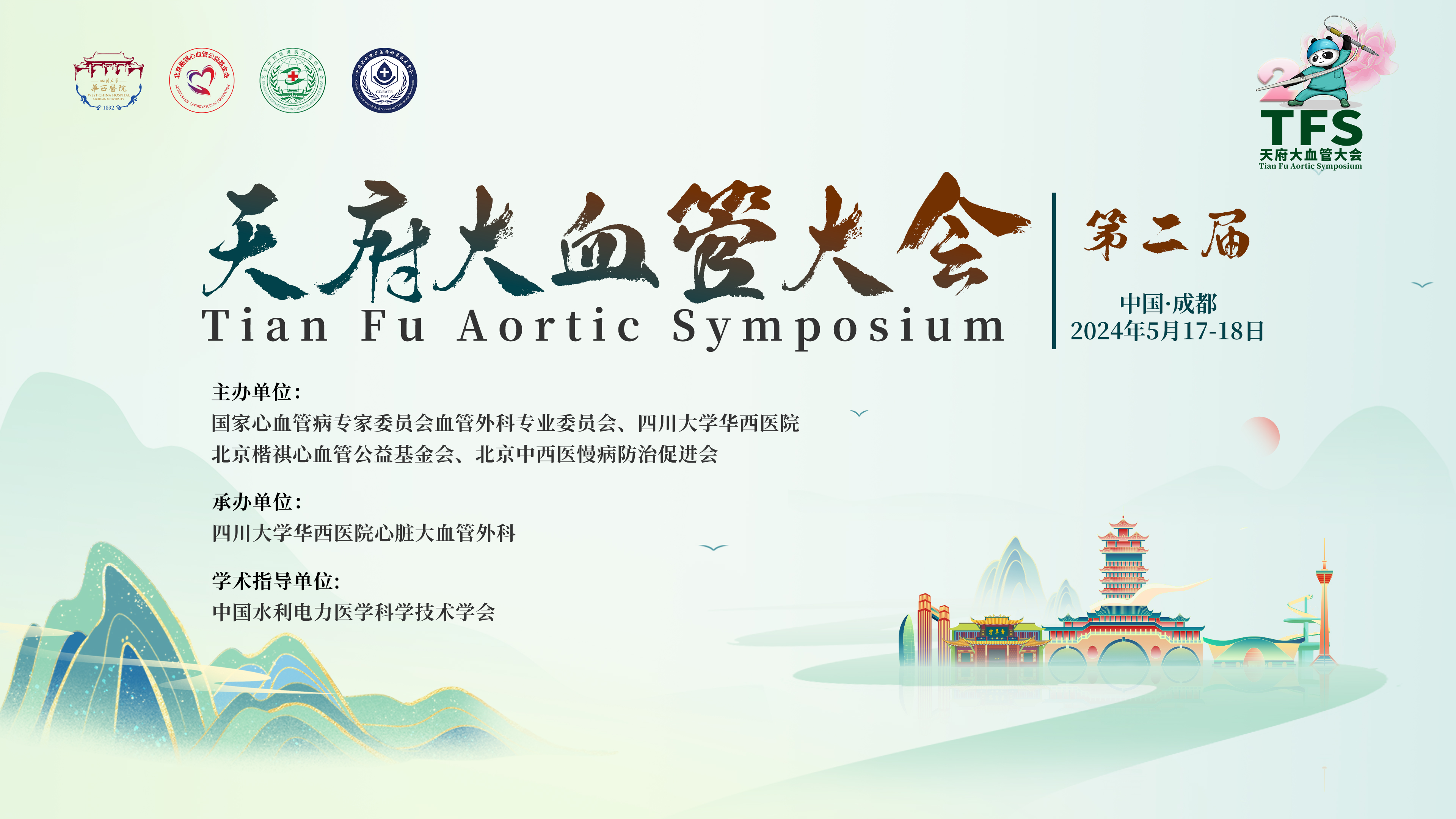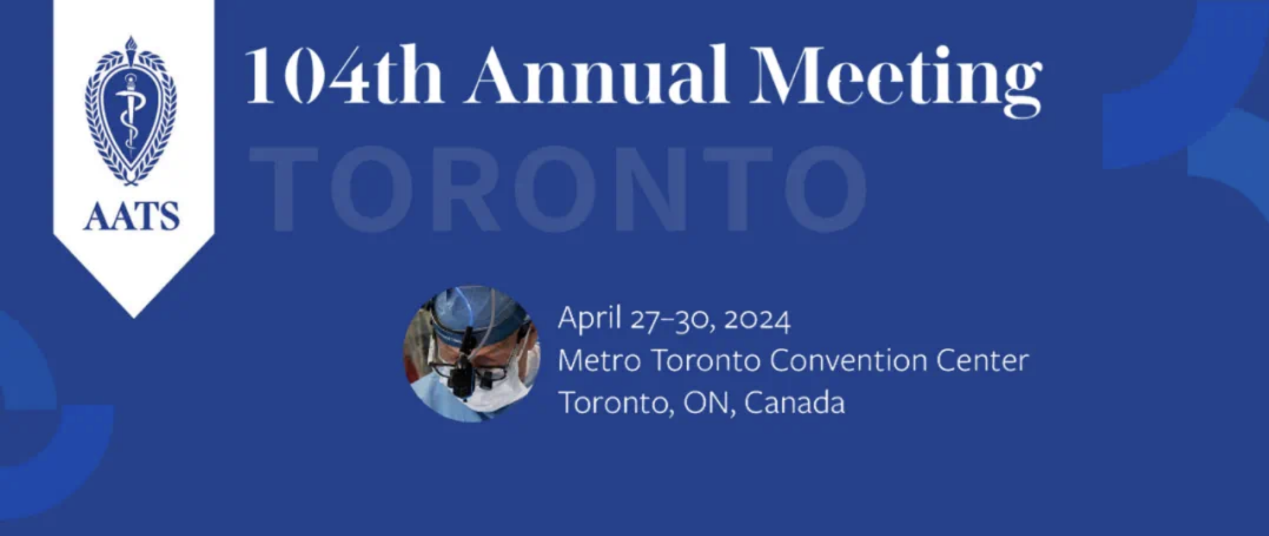The first drug-coated vascular coated stent to treat central venous lesions in China was successfully enrolled in the first case in West China.
Recently, the first drug-coated vascular coated stent for central venous lesions in China, a national prospective, multicenter, randomized controlled clinical trial with the Department of Vascular Surgery of West China Hospital of Sichuan University as the co-leader, was completed by the team of Prof. Zhao Jichun of the Department of Vascular Surgery and Prof. Cui Tianlei of the Department of Nephrology of West China Hospital of Sichuan University. The first case enrolled in our center marked the clinical trial project entered the full implementation stage.




